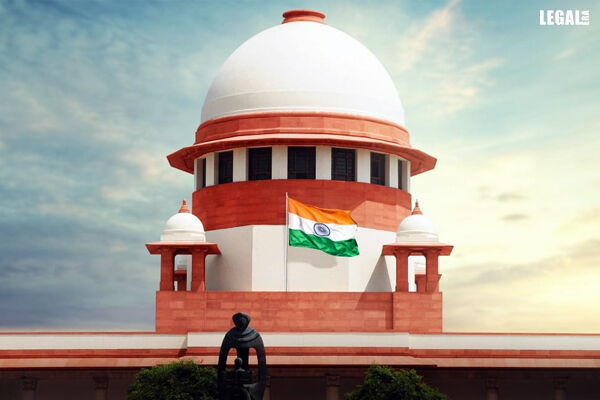
GCAI Moves Supreme Court to Shield In-House Lawyers from Unwarranted Summons
Introduction
The General Counsels’ Association of India (GCAI) has approached the Supreme Court through an intervention application in the suo motu matter related to the practice of investigating agencies summoning advocates for legal advice given by them.
Hearing Before Supreme Court
On Monday, a Bench headed by Chief Justice of India BR Gavai along with Justice K Vinod Chandran accepted the intervention pleas connected with this ongoing matter.
General Counsels Who Moved Court
Some of the senior in-house legal heads who have jointly moved the top court include:
- Hemant Kumar (Larsen & Toubro)
- Sanjeev Gemawat (Essar and GCAI Founder)
- Akhil Prasad (Boeing India)
- Vineet Vij (Tech Mahindra)
- CV Raghu (Samvardhana Motherson Group)
- Deepak Jacob (Dream Sports)
- Sujeet Jain (Nykaa)
GCAI’s Core Argument
As an umbrella organisation representing in-house counsels from leading corporates, GCAI contends that in-house lawyers too deserve proper legal safeguards and protection from unwarranted proceedings.
Role of In-house Counsels
The plea highlights that besides appearing before courts, in-house counsels perform core legal functions just like advocates, and are engaged in practising law within the corporate framework.
Scope of Work
According to the intervention, in-house lawyers handle drafting of documents, pleadings, affidavits, and provide advice on complicated corporate and taxation matters. They are usually the first point of legal consultation for companies, who often rely solely on their guidance without seeking external counsel.
Attorney-Client Privilege
The application further asserts that the doctrine of confidentiality and legal privilege between lawyer and client must equally apply to in-house counsels, as they too provide legal advice and manage legal matters for their employers.
Global Practices
It was pointed out in the plea that countries such as Singapore, the United Kingdom, Australia, and the United States extend attorney-client privilege to in-house counsels when they offer legal (and not purely business) advice.
Legal Representation
This intervention has been filed through Advocate EC Agrawala on behalf of the General Counsels’ Association of India.
Background of Suo Motu Case
The Supreme Court had, on July 9, initiated these suo motu proceedings after the Enforcement Directorate (ED) had issued summons to Senior Advocates Arvind Datar and Pratap Venugopal seeking information regarding legal advice.
Subsequent Developments
Following significant backlash from bar councils nationwide, the ED decided to withdraw the said summons.
ED’s Circular After Backlash
To address concerns, the ED also issued an internal circular instructing all its field units not to issue summons to practising advocates contrary to Section 132. It further clarified that any such summons must now get clearance from the ED Director under the statutory exceptions.
Conclusion
Through this intervention, the General Counsels’ Association of India aims to ensure that in-house legal professionals are not subjected to undue pressure or investigation merely for rendering legal advice. By seeking recognition of attorney-client privilege for in-house counsels, GCAI intends to safeguard the integrity and independence of corporate legal teams, aligning Indian practice with established global standards.
If you have a news or deal publication or would like to collaborate on content, columns, or article publications, connect with the Legal Era News Network Team and email us at [email protected] or call us on +91 8879634922.